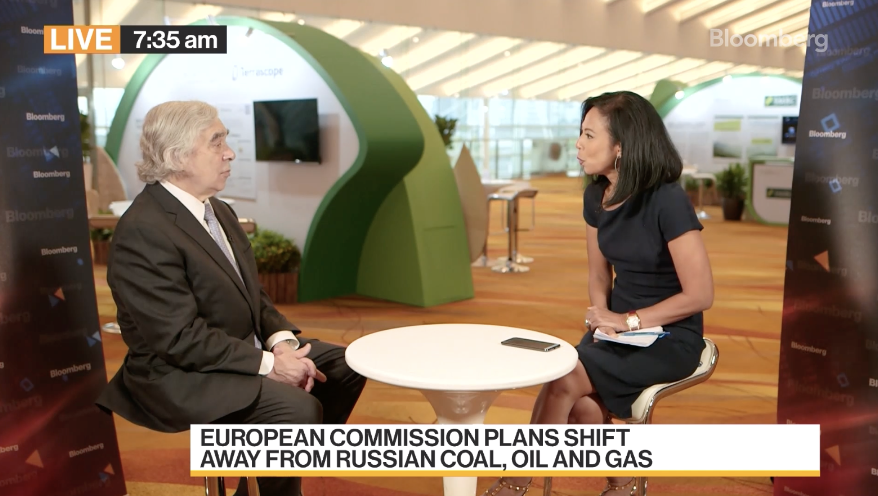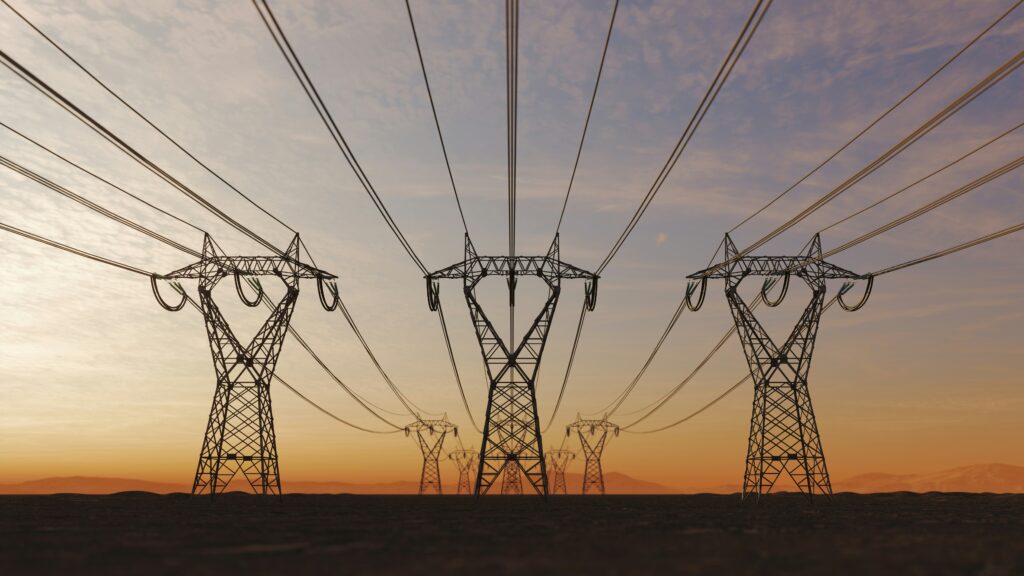
On June 7, Ernest Moniz joined Bloomberg Daybreak: Asia to discuss the impact of the Russian invasion of Ukraine on energy security and decarbonization technology. He was interviewed in Singapore by Bloomberg’s Haslinda Amin, Shery Ahn, and Haidi Stroud-Watts.
“It’s very difficult to stop them [Russia] from producing [oil] unless things like the technology embargo bite hard,” said Moniz. “If they start losing a lot of equipment and can’t replace it, of course, they will cut back.”
However, natural gas markets are reflecting much more uncertainty in locations where Russia, one of the largest natural gas producers and exporters, can send its gas. “Natural gas is a different issue because there, you don’t have the liquid market,” Moniz said, referencing the pipeline transportation of natural gas toward demand. “You can’t put those cargoes somewhere else, as you can with oil…. LNG [liquified natural gas] is beginning to do some of that.” But he added that “it is still very, very early in that game.”
Pivoting to the effect of the invasion on global efforts to decarbonize energy systems, Moniz noted the close ties between energy security and decarbonization. “Clean energy clearly does not suffer from the pitfalls that hydrocarbons do in terms of supply,” Moniz said. “In the longer term, this has to provide more pressure towards accelerating the transition to clean energy, but it’s going to be a bumpy road to get there.”
Moniz joined Bloomberg Daybreak: Asia on the sidelines of Ecosperity Week, an annual sustainability conference in Singapore. He was among dozens of global business leaders, policymakers, and investors selected to speak on the decarbonization of transportation and heavy industries and financing Asia’s green transition. Ecosperity is hosted annually by Temasek, a holding company owned by the Government of Singapore. Ecosperity Week 2022 was themed “Accelerating Action at Scale.”



